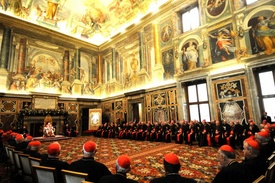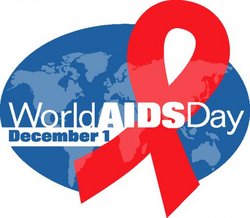
Spiritual Life: December 2009 Archives

God of our weary years, God of our silent tears, O Good and gracious God, you are the God of health and wholeness.
In the plan of your creation, you call us to struggle in our sickness and to cling always to the cross of your Son. Father, we are your servants. Many of us are now suffering with HIV or AIDS.
We come before you, and ask you, if it is your holy will, to take away this suffering from us, to restore us to health and to lead us to know you and your powerful healing, love of body and spirit.
We ask you also to be with those of us who nurse your sick ones. We are the mothers, fathers, sisters, brothers, children, and friends of your suffering people. It is so hard for us to see those whom we love suffer. You know what it is to suffer. Help us to minister in loving care, support, and patience to your people who suffer with HIV and AIDS.
Lead us to do whatever it will take to eradicate this illness from the lives of those who are touched by it, both directly and indirectly. Trusting in you and the strength of your Spirit, we pray these things in the name of Jesus. Amen.


